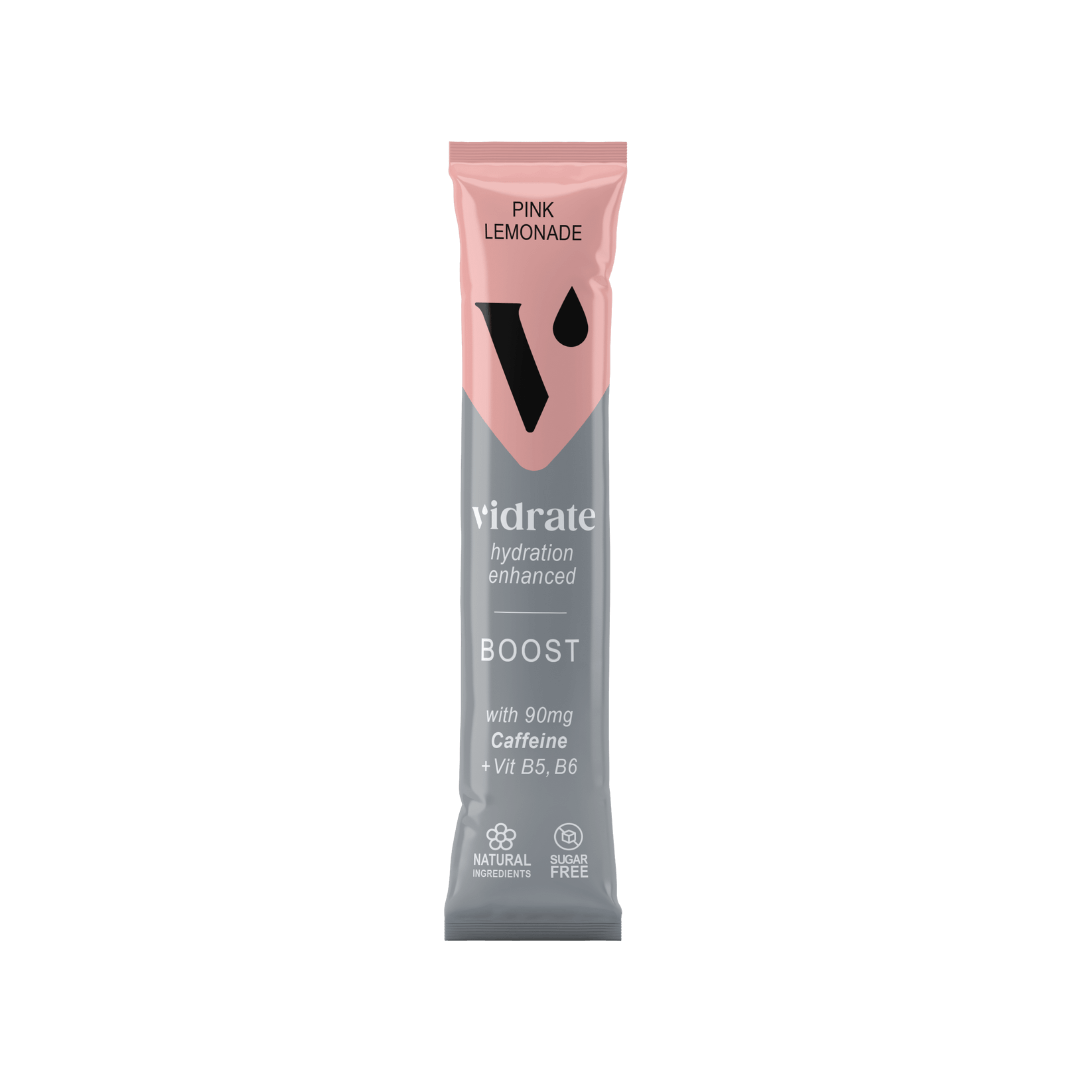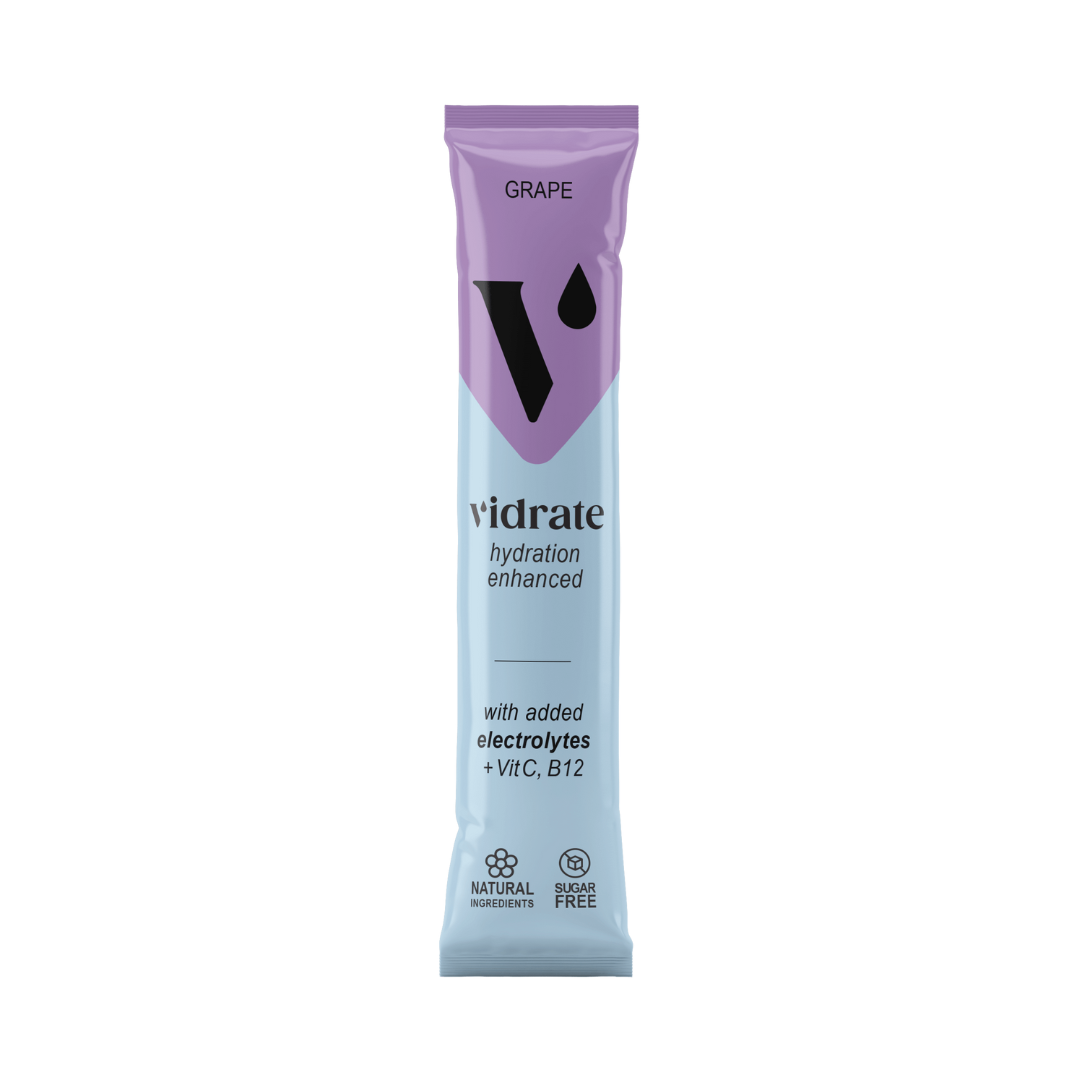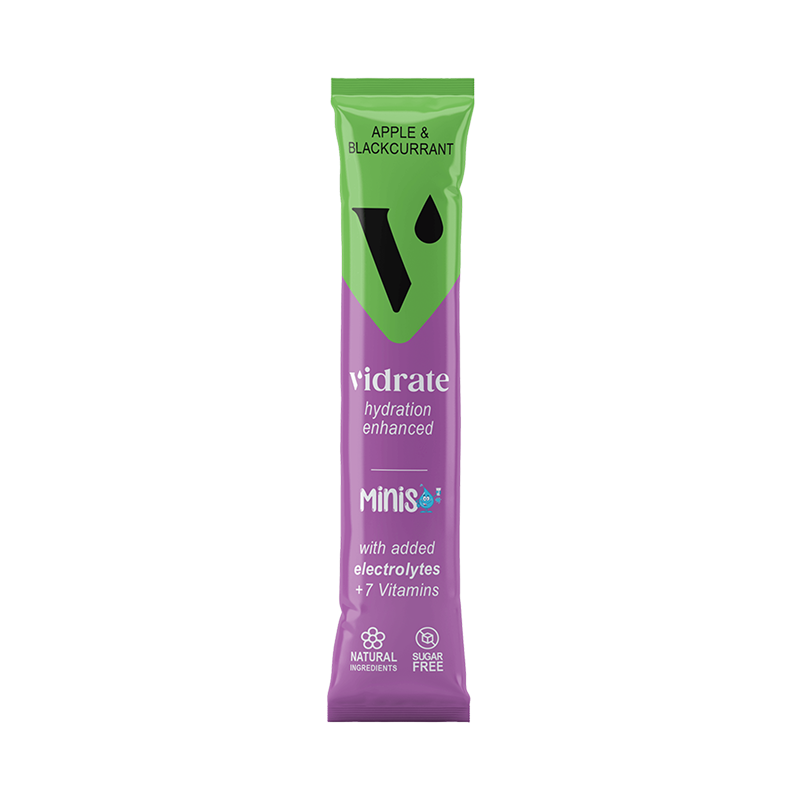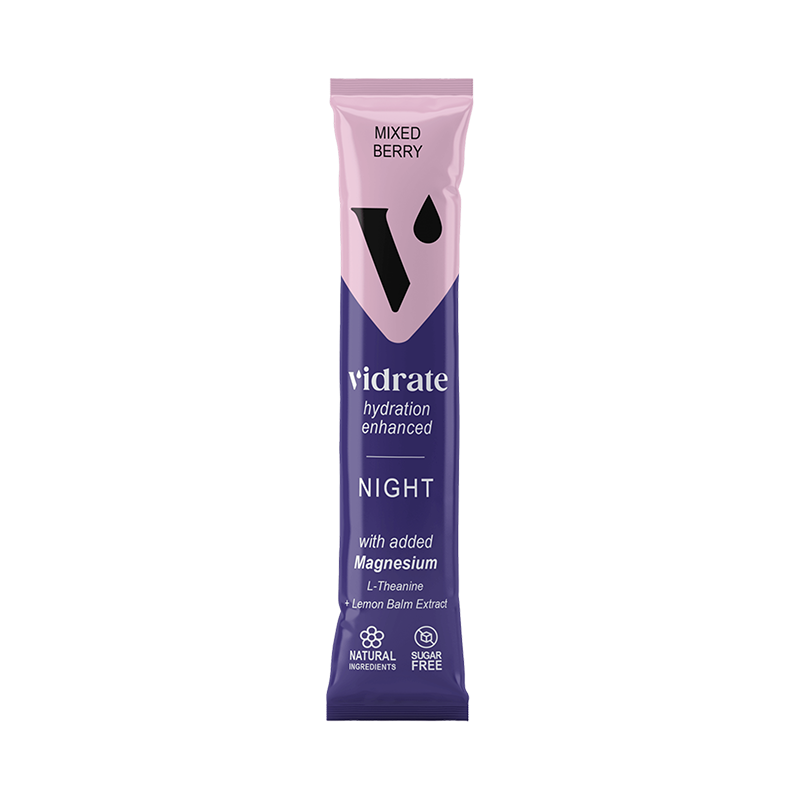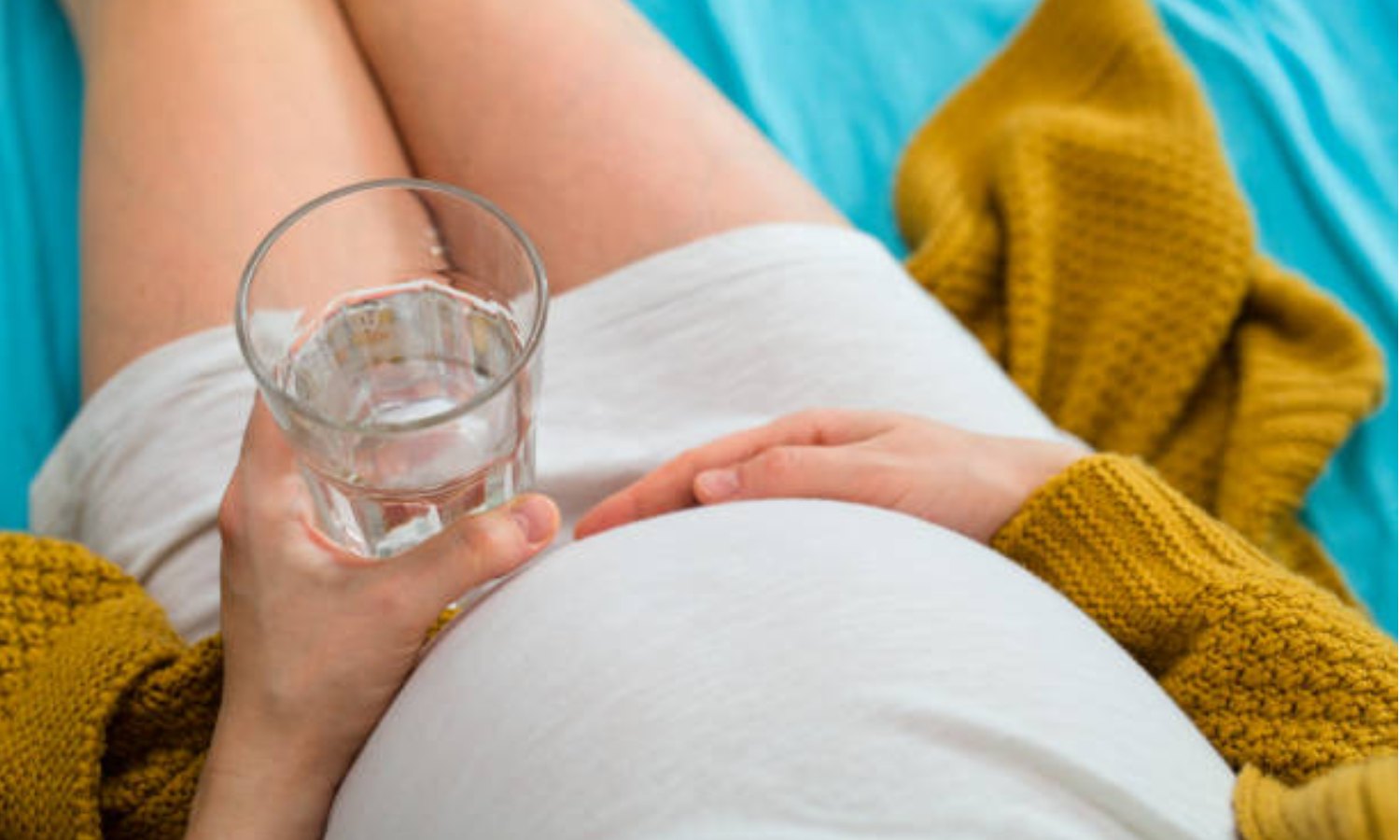

By Nick Hird
How Important Is Hydration In Pregnancy?
Regardless of being pregnant or not, dehydration is always troublesome. The body requires an adequate amount of water to function appropriately. However, it becomes even more important to keep the body hydrated during pregnancy, as dehydration can cause severe complications or health-related issues to both the baby in the womb and the mother.
How Does Dehydration Affect the Baby?
During your pregnancy, the body requires a great amount of water because, at that time, it's not just you will need extra water than usual, but even your baby needs to stay hydrated. Water plays a very significant role in the development of a healthy foetus, which means that keeping up with accurate water levels in the body is quite essential.
Dehydration in normal circumstances generally affects the functional processing of a body. While during pregnancy, dehydration or loss of water from the body can cause a threat to the life in several ways and can even result in some of the other very critical problems, such as:
- Defect of the Neural Tube up to a great extent.
- Lower the amniotic fluids that surround the baby growing in the uterus and have a crucial role in the development of a healthy baby.
- May spur premature labour pain, especially because of dehydration in the last trimester, as not staying hydrated during that period can cause contractions, and thereby inciting premature labour.
- Can result in poor or inadequate production of breast milk, which plays a vital function in improving the health of the baby after birth.
Apart from these difficulties, it can also cause other birth defects in the baby. Thus, dehydration is a significant concern if you're not putting up with the loss of fluids properly.

What are the Signs of Dehydration During Pregnancy?
When you become dehydrated during the pregnancy, your body may automatically reveal certain symptoms or signs. Here, it becomes important for you to notice them and take a suitable step to recover as soon as possible. These signs can vary from being mild to moderate or sometimes even very severe. Some of the common and familiar symptoms that can be easily recognised are:
- One of the most general signs is a scorched mouth. When the body doesn't receive sufficient fluids, it becomes dehydrated and causes the mouth to dry extensively. You may feel extremely thirsty and this symptom during pregnancy can be quite easily recognizable.
- Dark coloured urine or infrequent urination is another cautioning sign of dehydration during pregnancy. It is normal to urinate more frequently than usual during pregnancy. But if you observe that you aren't going as much then it may be a situation of dehydration as the body isn't getting enough fluids to pass. Moreover, the urine should be normally clear and yellowish, rather than unclear or dark in colour which is also a mild symptom of being dehydrated.
- Another severe symptom of inadequate hydration during pregnancy is noticeable in the second or third trimester, where dehydration often tends to trigger contractions of Braxton-Hicks, which entails the uterus tightening up for around one to two minutes and giving you cramps like feeling. However, if you experience these contractions quite frequently, it is possibly a very serious sign of dehydration, as at a later stage, it often leads to premature labour.
- Apart from these distinct symptoms, dehydration during pregnancy can be a common reason for symptoms like frequent headaches, dizziness, nausea, sleepiness or drowsiness, cramps, and can sometimes even cause constipation.
Though almost all of the mild and moderate symptoms of dehydration can be easily treated by either drinking water or through intake of other fluids, the severe symptoms have to be immediately brought to the attention of your doctor.
What Drinks are Safe to Drink?
Although water is considered to be the healthiest and most adequate means to keep the body hydrated, yet if you do not wish to consume more plain water, you may go for a healthy alternative option instead. Adding some natural ingredients to water itself can be the next best alternative. For instance, adding lime or lemon, or mint or a little bit of juice can also give your water an exquisite twist with an additional flavour. Besides, some of the other alternatives that can help you to maintain your daily fluids or liquids intake are:
Fresh Water Juice:
The freshwater juice will not just benefit in retaining the fluid level in your body, but will also facilitate you with plenty of minerals and vitamins which will help with the growth of a healthy baby.
Dairy-Based Liquids:
Dairy products like milk, lassi or even shakes will enable the body to stay hydrated and also provide vitamins and calcium which are integral to the health of both the baby and the mother.
Non-Caffeinated Fluids:
This includes the drinks which either do not contain caffeine or have it in a very minimal amount. For instance, drinks like fresh lime water or coconut water, and within the drinks industry there are many brands that create hydration sachets with natural ingredients. This can be a great solution as they usually contain vitamins and minerals to help give your body a boost.
Meanwhile, drinks containing caffeine in high quantities like tea and coffee, alcoholic drinks, carbonated fizzy drinks like soft drinks and fruit juices with added preservatives should be avoided as much as possible because these may have an impact on the baby's health.

How Much Should I Be Drinking While Pregnant?
Staying hydrated during pregnancy isn't as mammoth of a task as it may seem. You just have to keep a check that on average, you're taking a minimum of eight to ten glasses of water per day. And if you're facing issues like morning sickness or frequent vomiting during your pregnancy, try to intake as many fluids as you can and avoid caffeinated drinks.
What are the Benefits of Staying Hydrated While Pregnant?
Though staying hydrated is extremely important for everyone in all situations, it is even more important when you're pregnant. This is because you have to produce more blood, and build up the amniotic fluids, as well as grow new tissues for the baby. Being hydrated will not just benefit you, but also your unborn baby developing in the womb. The primary benefits of drinking an adequate amount of water and also intaking other fluids are:
Enable your unborn baby to assimilate the essential nutrients:
The first and foremost benefit of staying hydrated during pregnancy is that it helps your baby to absorb all the vital nutrients required for its healthy growth.
Relieved the impacts of heat tolerance and fatigue:
It has often been observed that drinking plenty of water helps in lowering down the risk of fatigue and also regulates the body temperature. Moreover, it may also help in easing out the signs of morning sickness and heartburn.
Prevents Stomach related issues:
Staying hydrated also helps in getting rid of toxins from the body at a faster rate and thereby prevents any sort of urinary tract infections. It also avoids stomach-related issues like acidity, indigestion, and constipation.

Hence, it can be easily seen how important it is to stay hydrated during your pregnancy and also post-pregnancy, because it is crucial to maintain the health of both, the baby as well as the mother.
